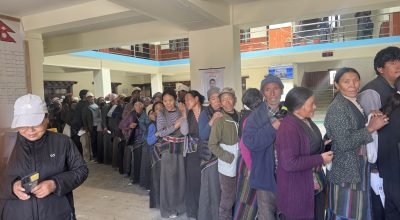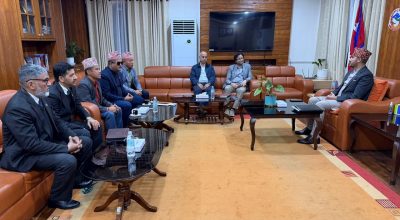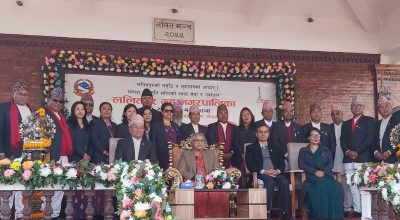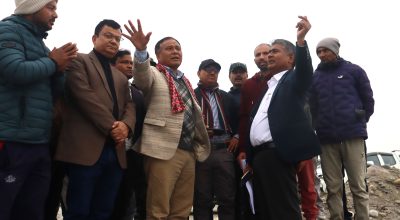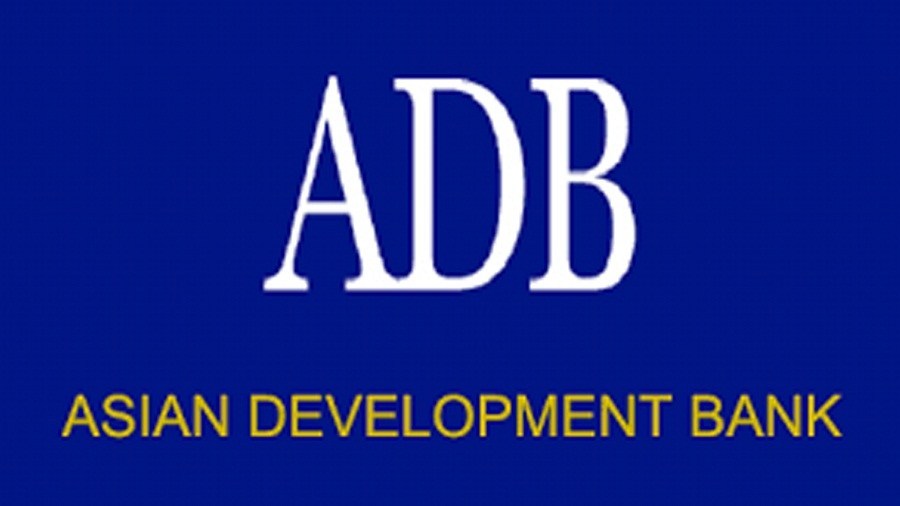
Kathmandu, Oct 11 : The Asian Development Bank (ADB) has unveiled a new five-year Country Partnership Strategy (CPS) for Nepal that lays out ADB’s support to help the country achieve its goal for a stronger and more inclusive economy.
The Nepal CPS for 2020–2024, endorsed by ADB’s Board of Directors held at the ADB Headuarters in Manila on Friday, will focus on three priority areas namely improved infrastructure for private sector-led growth, improved access to devolved services, and environmental sustainability and resilience.
Under the new strategy, ADB expects to lend an estimated 500 million US dollar to 600 million US dollar on average during 2020–2022.
“With the political stability and the federal system of governance in place, Nepal is poised to bring about the desired economic and social transformation,” said ADB Country Director for Nepal Mukhtor Khamudkhanov.
“Our new CPS is aligned with the government’s plan of achieving higher economic growth, reducing poverty, and improving people’s living standard. Nepal has seen reduced poverty and raised literacy levels in the last decade. Now, moving forward, smooth implementation of federalism, investments in critical physical infrastructure, and creating an environment for private sector investments are imperative to further boost growth and reduce poverty,” said Khamudkhanov.
According to the new CPS, ADB will support hydropower development and renewable energy, roads and air transport, logistics, and trade facilitation to strengthen domestic, regional, and international connectivity; reduce the costs of production and trade for businesses; and attract private investment.
The CPS will help support development of cities and urban municipalities, quality education and employment-oriented skills development, and increased agriculture productivity and commercialization to augment rural incomes. These will be targeted to benefit women and disadvantaged social groups.
In all its development programs and projects, ADB will continue to prioritize gender equality and social inclusion, as well as disaster resilience and environmental sustainability.
The CPS also supports increased availability of, and more equitable access to, basic services through the federal system of governance; stronger resilience to natural hazards that occur periodically; and sustainable use of natural resources.
ADB will assist with policy reforms for devolved service delivery, including subnational public financial management; and sector reforms in agriculture, air transport, and water supply. Knowledge and development of institutional capacity, especially at subnational levels, will be emphasized.
The CPS reflects feedback from ADB’s consultations with the government agencies at the central, provincial, and local levels, as well as with international development partners, civil society, and the private sector.









